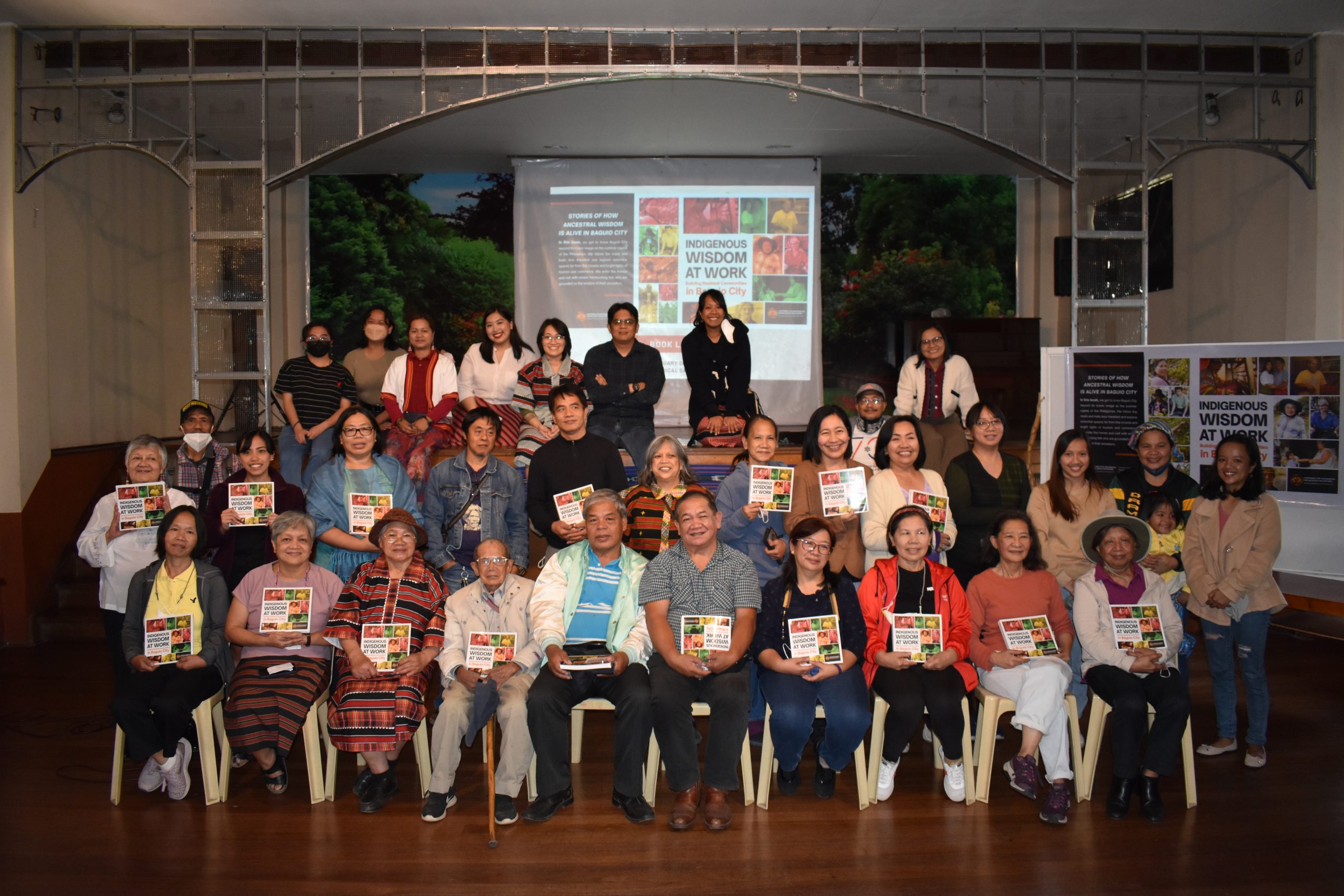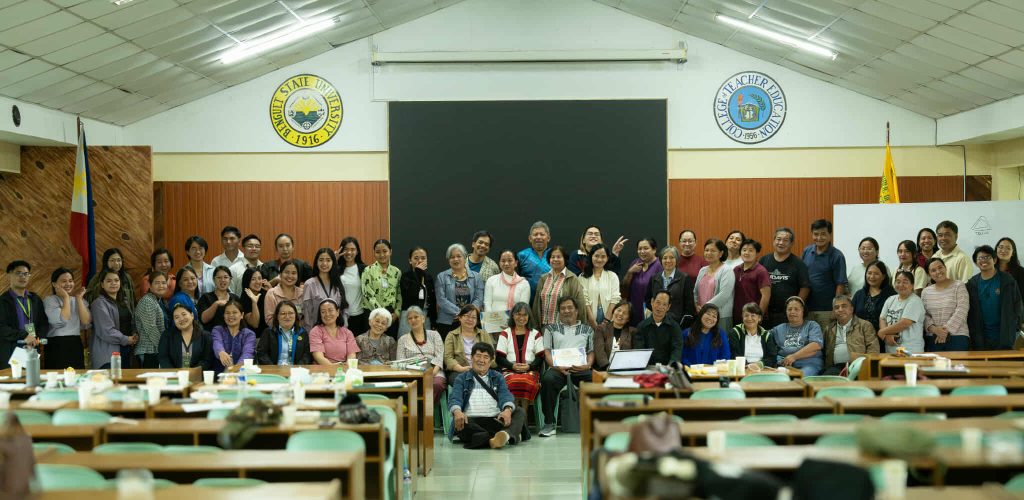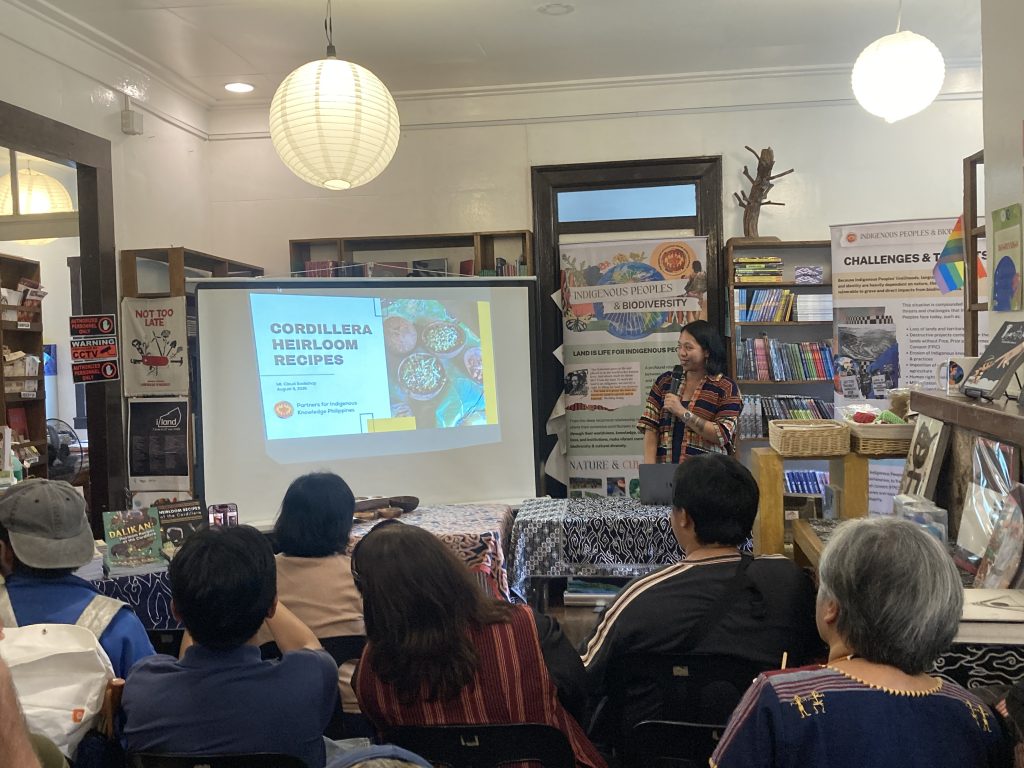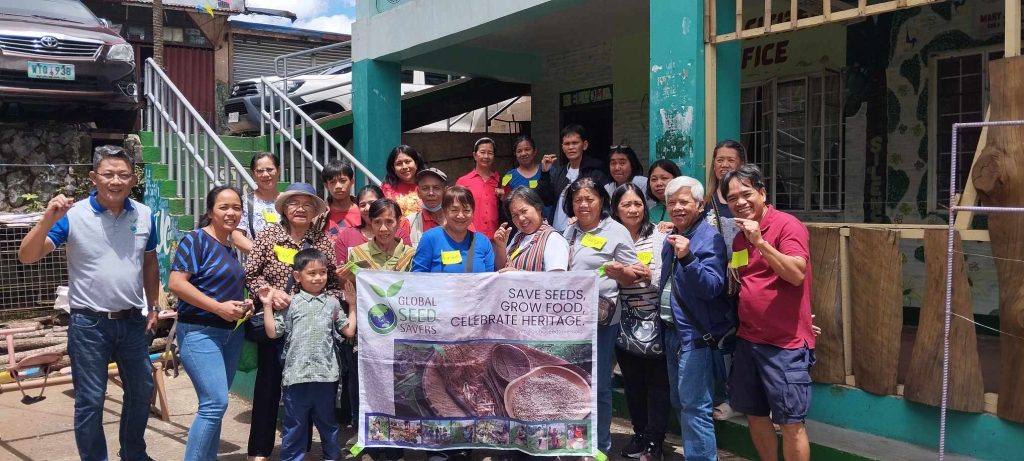Partners for Indigenous Knowledge Philippines, Inc. (PIKP) is a learning network of indigenous knowledge holders, organizations, researchers, writers, educators, artists, and individuals in the Philippines with initiatives on promoting and strengthening indigenous knowledge.
Through documentation, research, transmission and development of indigenous knowledge, PIKP and its partners aim to contribute to greater recognition of Indigenous wisdom, the rights of Indigenous peoples to lands, territories and resources, and Indigenous peoples’ contributions to the conservation and sustainable use of biodiversity.
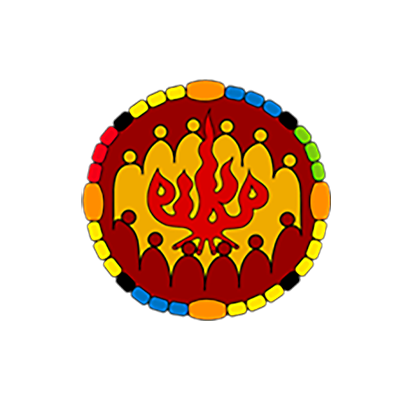
Country: Philippines
Website: pikp.org
Facebook: @Partners for Indigenous Knowledge Philippines -PIKP
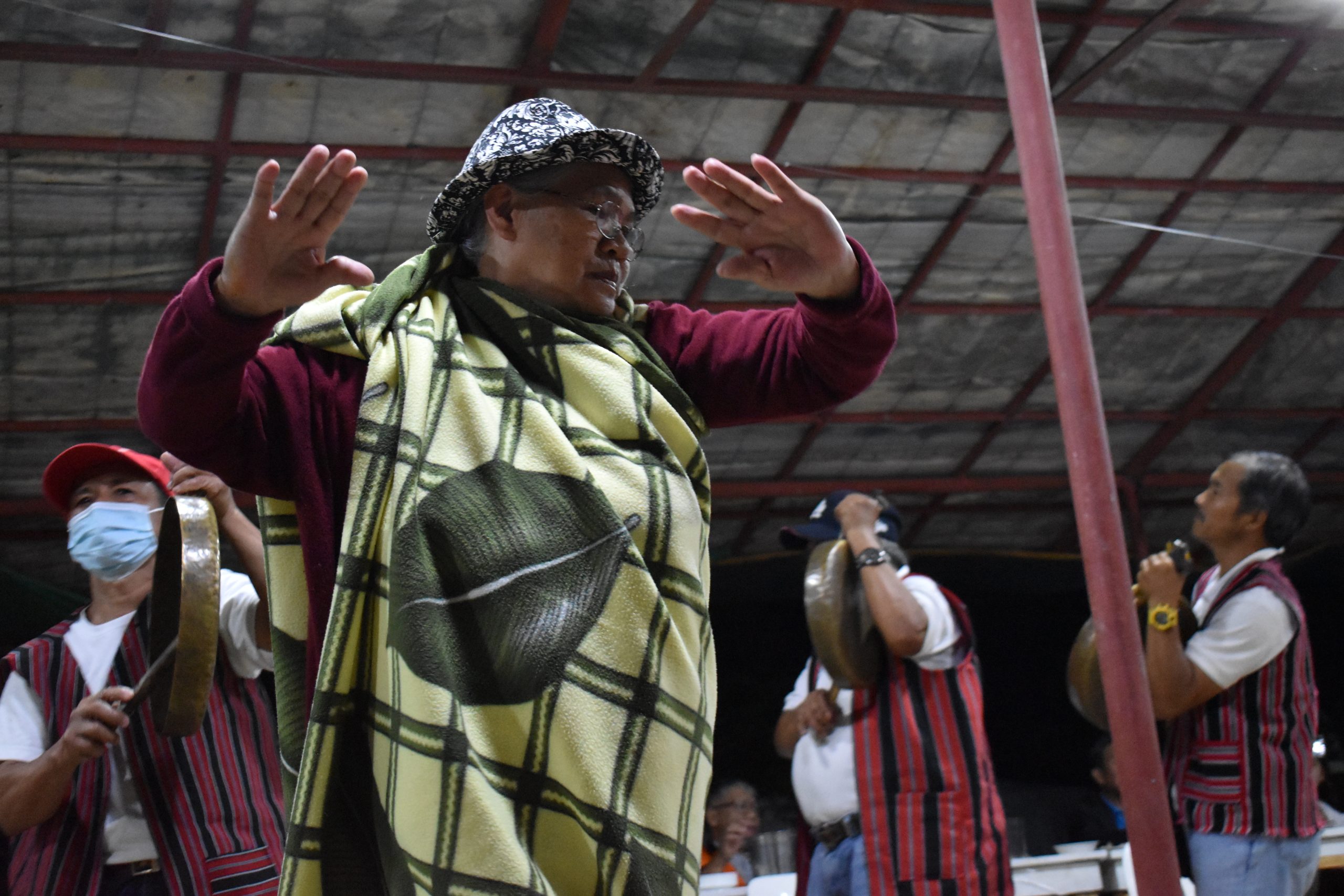
Foresters carefully mark the trees for easier monitoring during a training on resource inventory mapping held in Nueva Viscaya, Philippines. Photo by Ella Carino / PIKP
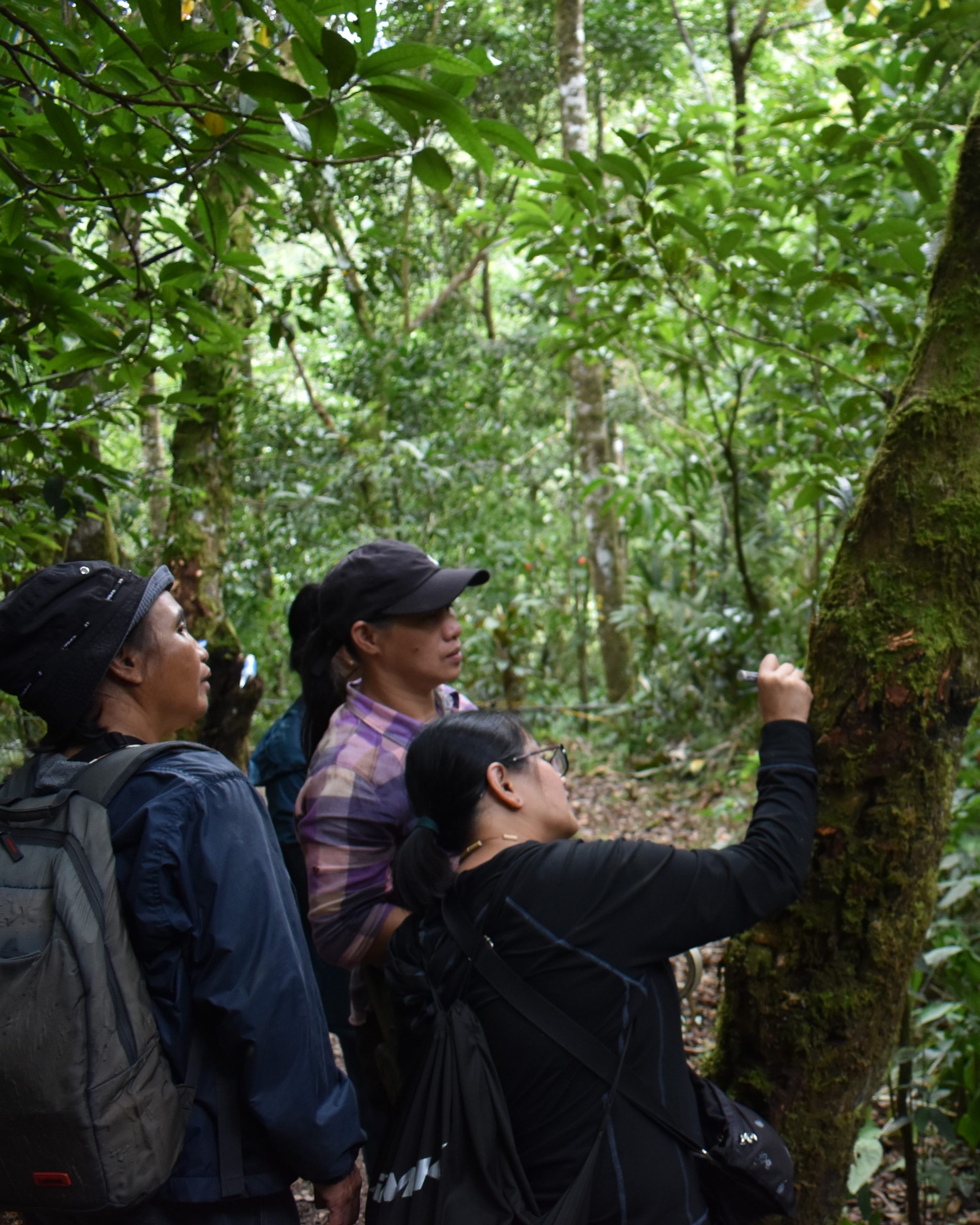
Foresters carefully mark the trees for easier monitoring during a training on resource inventory mapping held in Nueva Viscaya, Philippines. Photo by Ella Carino / PIKP
Dashed line
Main areas of work
- Nature and culture – Recognising contributions of Indigenous Peoples to biodiversity conservation and sustainable use
- Food – Revitalisation of indigenous food systems and livelihoods
- Health – Strengthening Indigenous health and wellbeing
- Youth – Enabling Indigenous Youth leadership and engagement
- Arts and Culture – Revitalization of indigenous food systems and livelihoods
- Community mapping – Cultural and biodiversity resources mapping and inventory.
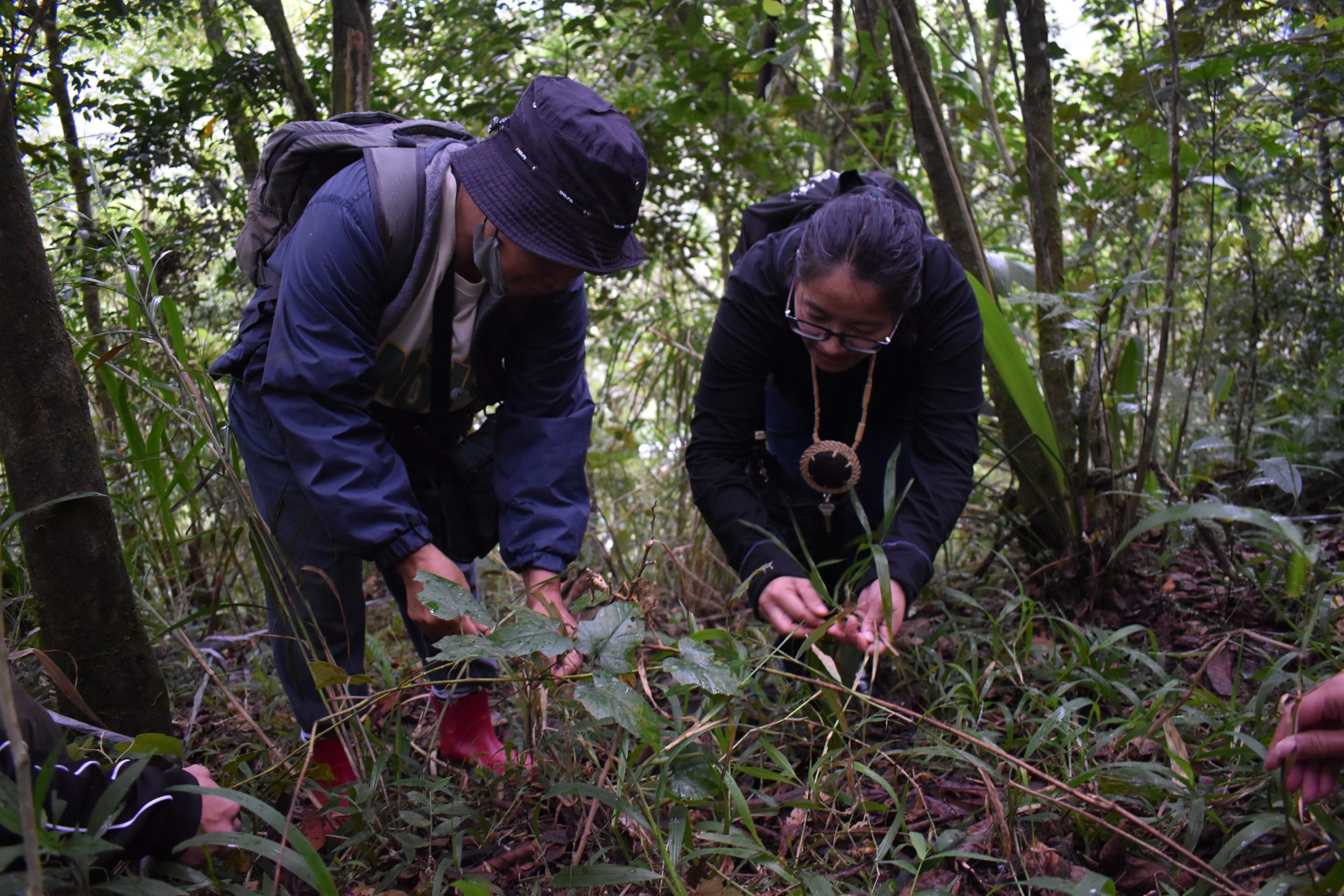
Authors, contributors, and guests during the launch of the book ‘Indigenous Wisdom at Work: Building Resilient Communities in Baguio City’ held in Baguio City, Philippines. Photo by Josefa Tauli / PIKP
Dashed line
Focus of work in the Transformative Pathways project
As part of this project, PIKP’s role is to support and strengthen collective actions of community partners in the Philippines on indigenous food, health, youth leadership, literature and arts, education and intergenerational transmission of knowledge.
PIKP also collaborates with national networks to ensure the full and effective participation of indigenous peoples in strategies and programmes for conservation and customary sustainable use of biological diversity. This participation could be through community participatory research, documentation, and mapping and monitoring of indicators relevant for indigenous peoples.
